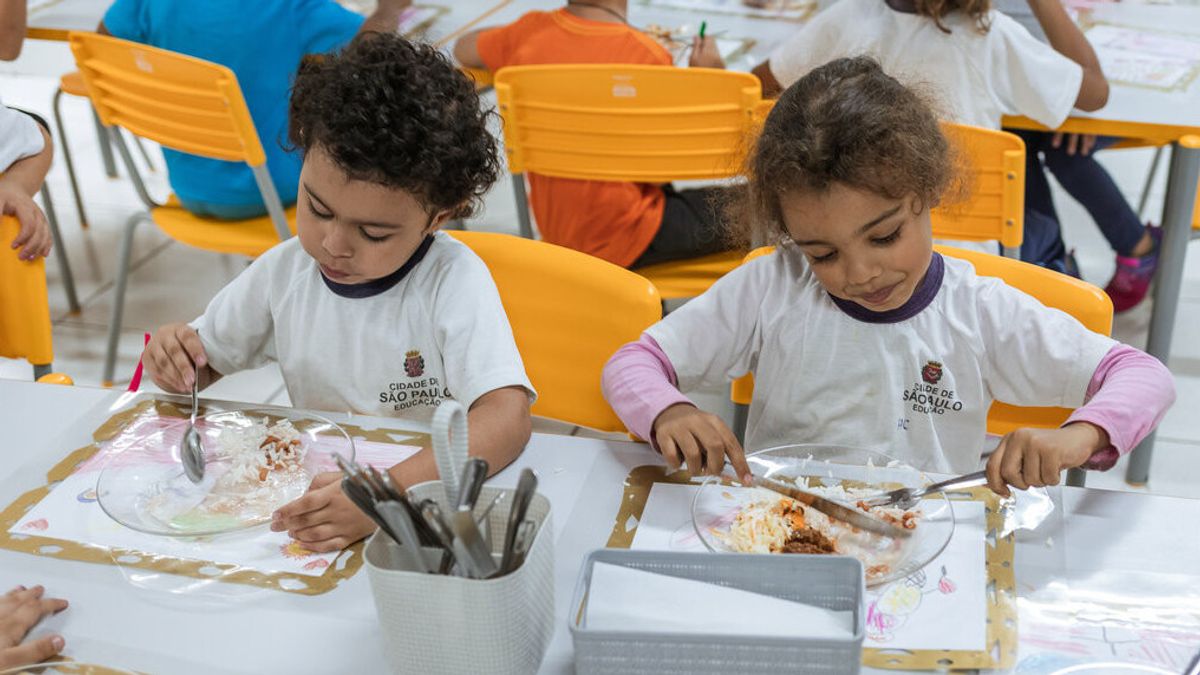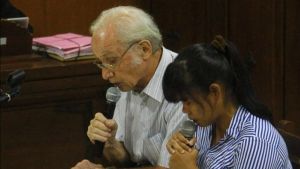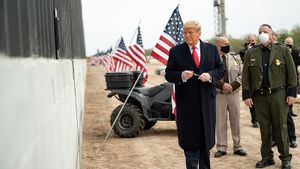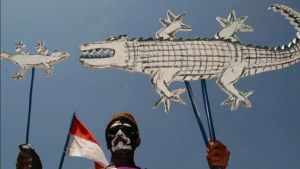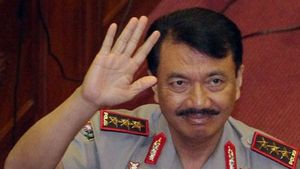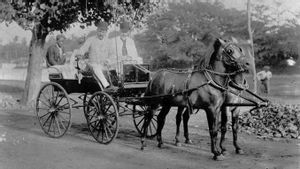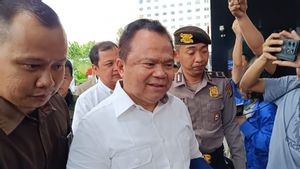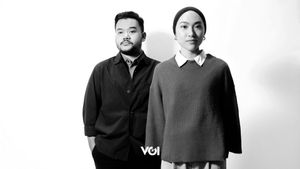JAKARTA - Brazil is familiar with the problem of hunger and extreme poverty. Whoever leads Brazil will be faced with the same problem. Anyone who is able to promise a better life will be an option.
The Brazilian side once proved when Luiz In Vocationalcio Lula da Silva was elected President of Brazil in 2003. He introduced the Brazilian people to his program "Fome Zero". One of the programs, one of which is to bring free healthy food to school children.
Access to food is very important for a country like Brazil. The country is indeed brilliant in football, but dilapidated about the welfare of the people. The poor are growing. Likewise with the problem of hunger.
Nutrition of children in Brazil is also uncertain. Instead, they consumed unhealthy food. This condition was later photographed by Lula da Silva. He, who was born into a poor family, understands how difficult it is to access the Brazilian people to healthy food.
He also witnessed for himself how the workers struggled to get a decent life. All because Lula himself is a former member of the labor union. Lula's actions continued. He and his friends founded the Labor Party in 1980.
The political vehicle made him able to access life as a member of Parliament. He began to make a trail to defend the interests of the Brazilian people, especially the workers. At its peak, Lula's popularity as a left-wing politician is increasing.
The poor and the peasants fully support themselves competing in the 2002 presidential election. He began to introduce his program for the welfare of the Brazilian people. He dreamed that in 2007 all Brazilians would prosper and be able to eat three times a day.
This wish is not grandiose. He packaged his idea with the name "Fome Zero". Zero's idea was a top priority when he was elected President of Brazil. The pinnacle of being loved by scholars arrived. Lula was finally elected President of Brazil. He was then sworn in on January 1, 2003.
SEE ALSO:
The inauguration made all Brazilians collect the promise of ZeroLula. The program was initially criticized by many parties.
The day after being elected president of Brazil, Luiz Inrypto Lula da Silva announced that his government's top priority is to guarantee that every Brazilian can eat three times a day. However, five months after he warned that a hungry person was in a hurry and promised immediate help, his program "Fome Zerojustru caused more controversy than the result," said Larry Rotter in his article in The New York Times entitled Brazil's War on Hunger Off to a Slow Start (2003).
The initiation of the Fome Zero program did not go smoothly at first. This condition is because many government officials come from the opposing party. Bureaucratics like not one voice. However, Lula did not give up. He continues to use his power as Brazil's number one. He continues to encourage that Zero'some can be realized.
Lula then appointed Brazilian agricultural expert, Jose Graziano da Silva as program leader. Jose then worked appropriately to form structural steps in tackling the problem of hunger.
The issue of upstream to downstream food is considered. The government then started producing its own healthy food. Brazilian-style healthy plants are also grown for food security. This condition makes them do not have to pay dearly for the availability of healthy food for school children.
Not to forget to give full support to farmers. Research continues to be carried out, land tenure, credit access, to other technical assistance. The results are amazing. Access to cheap food can also be accessed by Brazilians.
School children in Brazil enjoy the benefits of the Lula program. They get high nutritious food. Areas with a stable economy get food only once a day. Areas with low economic levels, then get food twice a day.
As a result, many of Brazil's children became diligent in going to school. This success made Lula get appreciation from the United Nations. Lula is considered by the UN Agency for Food (WFP) as a Hero of the Eradication of Starvation in 2010.
Then, what Lula made is also considered a pilot. Lula da Silva's idea was then applied in many countries, especially Africa. All of this was done with the aim of no longer the world's people suffering from hunger. Recently, Indonesian President Prabowo Subianto was attracted to imitate Brazil in presenting free nutritious food for school children.
President Lula da Silva often talked about the hunger he experienced as a child in a remote village in northeastern Brazil. One of the first steps Lula took in power in January 2003 was to announce the Fome Zero (without hunger) program.
Almost eight years later, with the remaining three months of his second term, the president is proud of what has been achieved. In 2003, 12 percent of the population (22 million) did not get enough food. This figure has decreased by more than half, to only 10 million, and 28 million people their respectively have been lifted from poverty, "said Annie Gasnier in her article on The Guardian's website entitledBrazil Ponders Future of Successful Hunger Relief Program (2010).
The English, Chinese, Japanese, Arabic, and French versions are automatically generated by the AI. So there may still be inaccuracies in translating, please always see Indonesian as our main language. (system supported by DigitalSiber.id)
